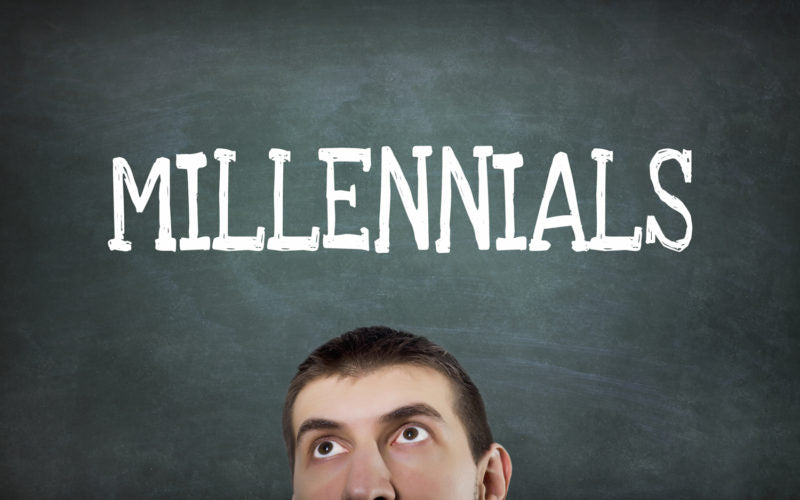
A generational shift is underway in America: Baby Boomers are retiring, while Millennials are taking the wheel. According to Rainmaker Thinking, by 2020 under 6% of the workforce will be first wave baby boomers (1946-1950).
Simultaneously, Millennials have been growing. The second wave of Millennials (1990-2000) alone will make up more than 28% of the workforce by 2020.
1. Fastest growing: Millennials make up the fastest growing segment among vehicle buyers and likely will represent about 40 percent of the U.S. new-vehicle market by 2020. Last year, they accounted for 4.1 million vehicles in the US—about 29% of the market according to J.D. Power and Associates PIN data.
Millennials, as noted by a few observers, are late to the party. Because they entered the job market during the recession, they were slower to move out of home, slower to start a family, and slower to purchase their first car. However, as the economy improved significantly, so has the number of Millennials purchasing cars.
Millennials are also causing changes in the market—changes that are likely to shift the way the auto industry promotes, builds, prices, and distributes their products.
2. Why they buy: Millennials tend to buy cars out of need, not want. They care far more about the affordability of a monthly payment than the total purchase price. Typically, the more affordable alternate to buying new are used cars. However, because of the shortage of supply in the used car market, they are not priced as competitive pointing Millennials to new cars.
3. How they finance: 84% of Millennials said they planned to buy new cars instead of used vehicles. Edmunds reports that of those Millennials who bought a vehicle last year, 32% leased, up from 21% in 2011. Leasing enables this group to get a new vehicle for a lower payment as they seek vehicles with advanced safety features and newer technologies which they crave.
As for product lines, OEMs are shifting to providing better value compact vehicles, crossovers, and SUVs as Millennials are beginning to enter life’s milestones. The prices for these vehicles are typically between $15,000 and $34,000, as Millennials have a lower budget and shorter line of credit (Source: Autoweek.com).
4. Impact of Ride-sharing: It has been speculated that Millennials are deciding not to purchase vehicles because they might as well hitch a ride from an Uber driver. These ride-sharing apps are so popular, so why would Millennials need cars? They haven’t been purchasing them, so this must be the answer…right?
But the data tells us this is not the case. Rather, Millennials have entered the market later because of the recession. And since Millennials entered the market after the recession, they often have the mindset that they need an extra source of income. Forty percent of them are taking on side gigs according to a recent CareerBuilder survey.
There is a connection to Uber and Lyft. About one in six millennial car buyers (roughly 15% of them) expect to drive for Lyft, Uber, or some similar service compared to 9% of the general population (Source: Boston Globe).
All of these factors have added motivation for Millennials to get a new car. If they can drive for Uber on the weekends, they are able to have additional income to support their lifestyle.
5. What they feel is missing: But what are the largest differences between Millennials and the segments they are replacing? It’s how they want to conduct the transaction. Boomers expect to visit the store and generally have very low trust and high anxiety when they do. Millennials want to transact efficiently online, just as they do for most everything else. Surprisingly, they have higher trust and lower anxiety going into the purchase. This is because their expectations have not been negatively colored by previous purchase experiences.
OEMs, suppliers, solution providers, and marketers are all paying very close attention to Millennials. Their influence is driving change up and down the industry, with one notable exception: the way cars are sold. Though as this last bastion of the industry is finally beginning to evolve, I suspect one day we will all thank the Millennial generation for being the group that changed that part of the industry in a meaningful way as well.
Cheers,
Kevin